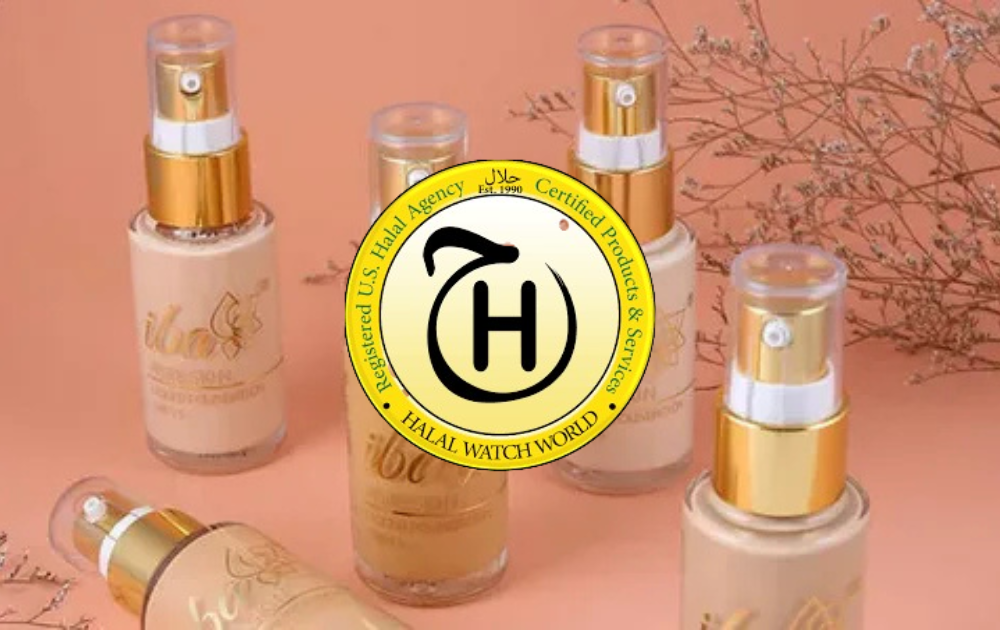Halal Cosmetics Certification and Its Growing Importance for Ethical Beauty

The world of cosmetics and personal care is evolving rapidly, reflecting the diverse needs and values of consumers everywhere. Among these developments, halal certification has emerged as a significant standard that many brands and manufacturers are embracing. This certification not only appeals to Muslim consumers seeking products aligned with their beliefs and practices but also resonates with those looking for ethical and clean beauty options.
What Is Halal Certification for Cosmetics?
Halal certification is a process that verifies products comply with Islamic dietary laws and ethical standards. Traditionally associated with food, halal certification now extends to cosmetics, personal care, and other consumables. It involves thorough scrutiny of ingredients, manufacturing processes, and handling to ensure that no forbidden (haram) substances like pork derivatives, alcohol, or non-permissible animal products are present. Additionally, halal certified products are made under hygienic and ethically managed conditions that respect Islamic principles.
Why This Certification Matters
For millions of Muslim consumers worldwide, halal certification is a trusted marker that products meet religious and ethical standards. Unlike regular cosmetic products, halal certified cosmetics confirm that the ingredients are permissible and the product’s production process avoids contamination with non-halal substances. This assurance provides peace of mind, allowing consumers to confidently use items without concern about violating their practices.
Beyond religious significance, halal certification often aligns with emerging trends in ethical consumerism, clean and cruelty-free beauty, and transparency. It opens access to a global market that is increasingly attentive to ingredient sourcing and manufacturing ethics.
The Halal Certification Process
Obtaining halal certification for cosmetics and personal care items involves a rigorous multi-step review. First, all ingredients undergo detailed examination to confirm their halal status. Common cosmetic ingredients such as glycerin, stearic acid, and propylene glycol may be derived from halal or haram sources, making this evaluation essential. The facility’s manufacturing procedures are then audited to ensure cleanliness, ethical practices, and no cross-contamination with non-halal items.
Once the products and processes meet requirements, a certifying agency issues a halal certificate. This document confirms that the product adheres to Islamic guidelines and allows the use of an official halal logo on packaging, building consumer confidence. Manufacturers must maintain ongoing compliance verified through periodic audits.
Halal Certification in the USA
The demand for halal certified products in the United States has been steadily rising to serve the growing Muslim population and health-conscious consumers. Several reputable agencies provide halal certification services tailored to cosmetic companies, guiding them through the documentation, inspection, and approval steps with transparency and expertise. Certification in the USA not only satisfies domestic market needs but also helps companies compete in international halal markets.
Halal Watch is a prominent halal certification agency in the U.S. With more than three decades of experience, it offers comprehensive services across industries including cosmetics. Halal Watch emphasizes stringent auditing, quality control, and ongoing monitoring to protect consumer trust. Its certification seal holds credibility and helps businesses connect with the nearly 1.9 billion halal consumers worldwide. By fostering strong partnerships with manufacturers and suppliers, Halal Watch continues to uphold high standards of halal compliance, making it a trusted ally for companies aiming to certify their products in line with Islamic values.
Benefits of Halal Certified Cosmetics
Halal certified cosmetics offer more than religious compliance; they also support safe, ethical, and clean beauty choices:
-
They exclude harmful or forbidden ingredients, promoting skin safety and ethical standards.
-
They maintain purity in production, avoiding contamination, which appeals to health-conscious users.
-
They align with cruelty-free and environmentally responsible trends, as halal certification often prohibits animal testing.
-
They build trust with consumers who prioritize transparency and ethical sourcing.
-
They expand brand reach into lucrative and underserved markets with halal certification requirements.
Wrap Up
Halal certification for cosmetics and personal care products has become an essential credential in the beauty industry. It signifies a commitment to quality, ethics, and inclusivity that benefits both producers and consumers. By prioritizing halal certification, brands can meet the needs of Muslim consumers and ethically minded shoppers while accessing growing global opportunities.
Read more exciting news on theglobalnewz.com





